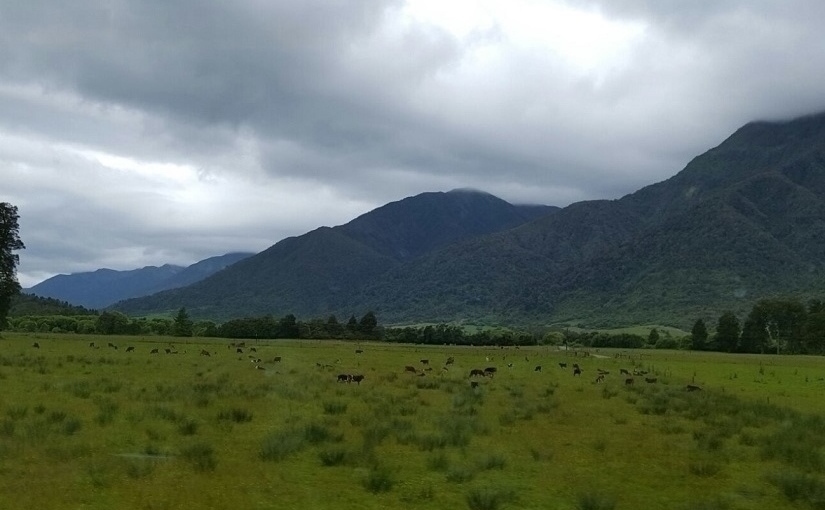Do we value things only if they are limited in supply, if otherwise there’s some cost to us or a risk we might be held accountable? It seems we might be viewing everything as an asset, taking it as a given, until we realise the clock might be ticking.
The question of what motivates, incentivises or concerns us applies across the board in life, but here I’m mainly thinking of environment. I’ve heard it said that Western thinking is flawed in the sense that it takes natural capital out of its equations; not having made respect for nature a driving force in its initial plans, we now struggle to change track and factor it into our projections for the future (see Note One).
It seems quite an oversight, given how essential it surely is for our existence (Notes Two). But then, are we also limiting our perspective by only caring for our planet to the extent that it serves humanity?
We tend to talk along the lines of how everything relates to us: what benefits, threats or insights we’re offered by plants, animals and nature in its widest sense. We look to the design features, chemical formulations, physical compounds and complex relationships that sustain life, using them as starting points for scientific, commercial or cultural initiatives.
It’s essentially valuing life in the light of ourselves. Even appreciating the natural world for how it makes us feel – the joy, comfort, relief, beauty it affords – could arguably be viewed in that way (Notes Three). Of course any relationship is give and take, so looking solely at our side of the picture is bound to throw things out of balance.
From the other side, nature is what it is. A snowdrop is different from a rose or an oak. Turtles are different from pandas or whales. Who’s to say which matters most, which is better or more valuable? They all mean different things – culturally, socially, historically, personally, ecologically. Does something become more important to humanity because it’s the last one, or was it always significant but we never really noticed?
Maybe it’s natural that we look at life as we do: expanding our understanding, forming ideas of how best to organise society to meet our various needs. And, in doing that, we clearly need some way of evaluating and deciding what to do; money being this means of assessing opportunities and costs – be they environmental, social, systemic, psychological, or whatever other standard we choose to measure ourselves against (Note Four).
Within all that, I guess one option is look to our own ends: to personal or collective interests; to immediate gains, longer term implications or the legacy we leave in our wake. But then there’s this question of life itself, the meaning of it all (Notes Five). In that, we might well see everything as it stands relative to our own position within it all; or we might choose to look more to the absolute value of life itself, for its own sake.
Notes and References:
Note 1: “Small is Beautiful”
Note 2: Living the dream
Note 2: Nature tells a story, about the planet
Note 2: Culture and the passing of time
Note 3: Animals in human society
Note 3: Gardening as therapy, the light and the dark
Note 3: Aesthetic value of nature
Note 4: At what cost, for humans & for nature
Note 5: Nature speaks in many ways, do we listen?
Note 5: What if it all means something?
Looking further at the importance of how we think about things, there’s David Bohm, thoughts on life.

